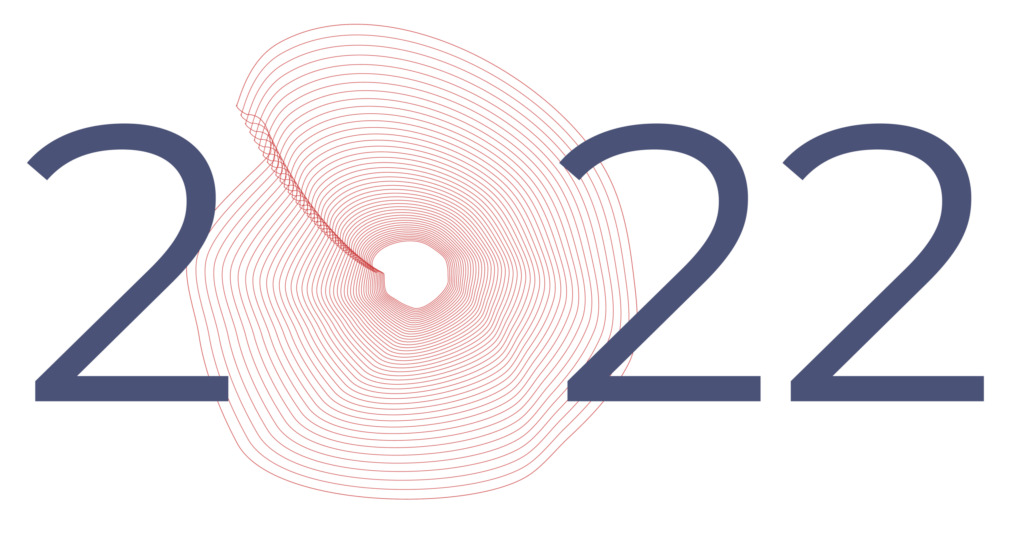AIMS v. DEA: Advocating for Open Access to Psilocybin Assisted Therapy

Kathryn Tucker
Emerge Law Group
Part of our Year in Review series
Kathryn Tucker provides an overview of AIMS v. DEA, a case that she believes is a vehicle to overturning the DEA’s application of “an erroneous test to rescheduling petitions”.
Note: as with all submissions to this present Year in Review, this piece was authored in late 2022.
We believe this case is a strong vehicle, indeed the vehicle, to overturn the DEA’s application of an erroneous test to rescheduling petitions, which has foiled multiple efforts to reschedule cannabis.
In January 2021 we approached DEA on behalf of Dr. Sunil Aggarwal, a palliative care physician, co-founder and co-director of the Advanced Integrative Medical Science Institute (AIMS) in Seattle, who wanted to access psilocybin, a Schedule I drug, for therapeutic use with his cancer patients suffering debilitating anxiety and depression. Psilocybin has been shown in early stage clinical trials to bring immediate, substantial and sustained relief from these conditions for this population. Dr. Aggarwal relied on state and federal Right to Try (RTT) laws, which are intended to make investigational drugs available to those with life-threatening conditions, assuming a Phase I clinical trial has been successfully completed and the drug remains under investigation. This is the case with psilocybin (and also MDMA). DEA denied access, causing Dr. Aggarwal to file suit in federal court. AIMS et al v DEA. This case was dismissed on grounds that the DEA’s denial had not been sufficiently final to enable judicial review. AIMS v. Garland, 24 F.4th 1249 (9th Cir. 2022)(AIMS I). The court did not reach the merits.
In response to the dismissal, Petitioners took two steps: Petitioners requested a ‘final agency action, waiving or exempting them from DEA’s registration requirements to enable access pursuant to RTT. In addition, we filed a petition to reschedule psilocybin from Schedule I to Schedule II. Both elicited determinations from the DEA: In August, 2022, the DEA issued a final determination denying waiver or exemption of registration requirements for RTT access. This opened the door for Petitioners to return to federal court to reach the merits of the argument not reached in AIMS I: that the RTT requires DEA to accommodate access. AIMS v. DEA (9th Cir. No. 22-1568)(AIMS II).
Soon after, on September 23, 2022, DEA issued a letter denying the psilocybin rescheduling petition, on grounds that FDA has not approved psilocybin, asserting that this “requires” that it remain on Schedule I. We filed a challenge to the rescheduling denial. AIMS v DEA (Ninth Circuit No. 22-1718)(AIMS III).
Petitioners have decided to stay the AIMS II litigation to enable the appeal of the rescheduling denial to be resolved first. A favorable outcome in the rescheduling litigation, leading to rescheduling of psilocybin off of Schedule I, would remove the barrier to RTT access.
We believe this case is a strong vehicle, indeed the vehicle, to overturn the DEA’s application of an erroneous test to rescheduling petitions, which has foiled multiple efforts to reschedule cannabis.
Petitioners have made the case that psilocybin has a “currently accepted medical use with severe restrictions,” because it has been granted breakthrough status and is an “eligible investigational drug” under RTT law. Further, psilocybin has accepted safety for use under medical supervision, as shown by numerous FDA approved clinical trials and other clinical studies focused on assessing safety. Hence, psilocybin does not meet the criteria to be placed on Schedule I. More than a half century of research, clinical experience, and surveillance shows that psilocybin has a low potential for abuse when compared with other drugs in Schedules I and II. The original placement of psilocybin is widely understood to be the result of a substantial overestimation of the risk of harm and abuse potential, not rigorous science. Accordingly, psilocybin belongs on Schedule II or lower.
The court considering AIMS III will do so in an environment which has seen dramatic evolution in the body of law governing the degree of deference that will be afforded administrative agency action. The deference afforded DEA on numerous cannabis rescheduling petitions was only possible in an era of reflexive Chevron deference that the federal courts have categorically rejected since.
A success on the rescheduling petition would eliminate the barrier to RTT access, which we focused on in AIMS I and II: doctors can prescribe or administer Schedule II drugs–something they cannot do with Schedule I substances. And, of course, another huge benefit of rescheduling would be easier access for researchers.
Briefing in AIMS III will take place early in 2023, with Petitioners brief due February 8 2023. Amicus brief supporting Petitioners are due one week later. Amicus participation is expected to be robust, drawing in even more participants than appeared in AIMS I. The DEA will file its responsive brief in March. A hearing before a three judge panel of the Ninth Circuit Court of Appeal will be set, and a decision will follow.
Also of interest, with possible significant ramifications for AIMS III: President Biden’s Directive issued in October 2022, that DOJ and HHS “initiate the administrative process to review expeditiously how marijuana is scheduled under federal law”. This Directive reflects the President’s clear intention to see DEA take a different approach to handling rescheduling petitions. As recently observed: “No President in United States history has ever called for DEA to initiate a scheduling action.” This Directive could propel the DEA to settle AIMS III before the court resolves it. In the federal legislative domain, two important bills have been introduced, stimulated by the AIMS advocacy: the Right to Try Clarification Act and the Breakthrough Therapies Act, reflecting federal congressional interest in seeing access open.
Bottom Line: Times are changing with regard to opening access to psilocybin for therapeutic use. All of these efforts drive toward the goal of opening access as soon as possible for those with life-threatening conditions.
Cite This Article
APA
Chicago
Harvard
MLA
APA
Tucker, K. (2023, February 21). AIMS v. DEA: Advocating for Open Access to Psilocybin Assisted Therapy – Psychedelic Alpha. Psychedelic Alpha. https://psychedelicalpha.com/news/aims-v-dea-advocating-for-open-access-to-psilocybin-assisted-therapy
Chicago
Tucker, Kathryn. “AIMS v. DEA: Advocating for Open Access to Psilocybin Assisted Therapy – Psychedelic Alpha.” Psychedelic Alpha, February 21, 2023. https://psychedelicalpha.com/news/aims-v-dea-advocating-for-open-access-to-psilocybin-assisted-therapy.
Harvard
Tucker, K., (2023). AIMS v. DEA: Advocating for Open Access to Psilocybin Assisted Therapy – Psychedelic Alpha [online]. Psychedelic Alpha. Available from: https://psychedelicalpha.com/news/aims-v-dea-advocating-for-open-access-to-psilocybin-assisted-therapy
MLA
Tucker, Kathryn. “AIMS v. DEA: Advocating for Open Access to Psilocybin Assisted Therapy – Psychedelic Alpha.” Psychedelic Alpha, 21 Feb. 2023, psychedelicalpha.com/news/aims-v-dea-advocating-for-open-access-to-psilocybin-assisted-therapy.
Part of our Year in Review series
This content is part of our 2022 Year in Review, which looks back at the past year through commentary and analysis, interviews and guest contributions.
Receive New Sections in Your Inbox
To receive future sections of the Review in your inbox, join our newsletter…


